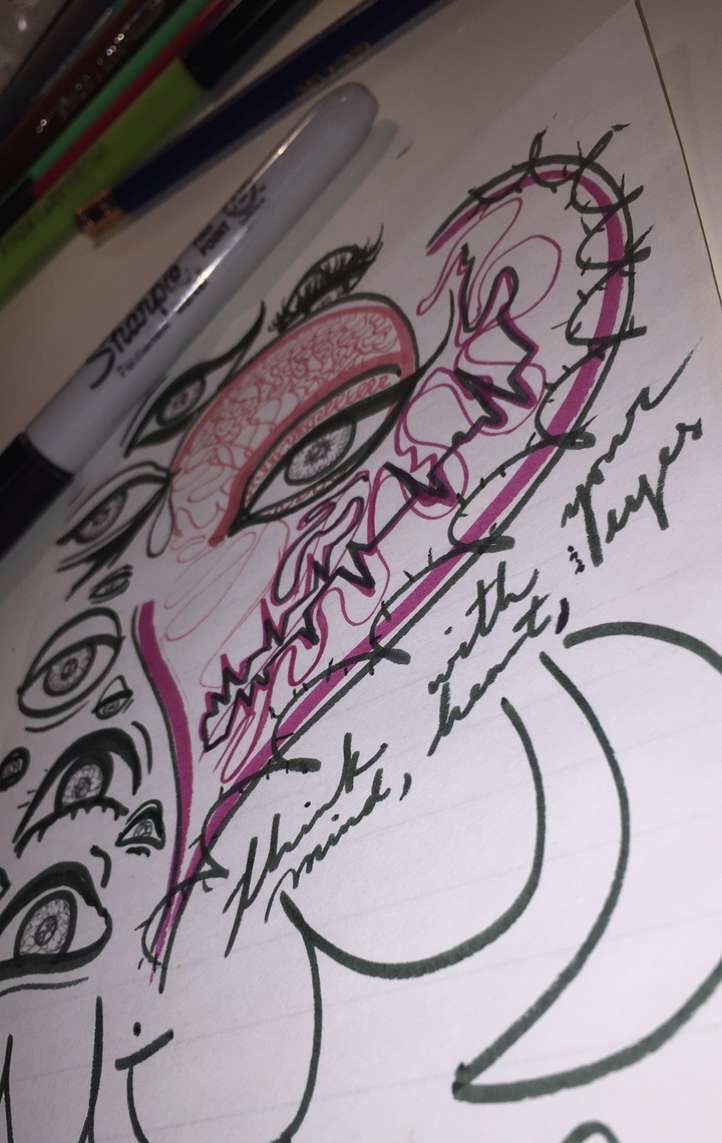Last night, people of all ages flocked to Hill Auditorium to watch the symphony band perform. My best friend and I made an event out of this, dressing in our finest clothes, calling a chauffeur (uber) to the venue, and dining like royalty beforehand. The show began with mezzo-soprano vocalist Joan Morris. She sang four songs to the audience, though her delivery accentuated them to be more than just songs, but stories rather. I call them stories because she wasn’t merely singing the words. With her confidence and animated character, she brought the words to life in a such a way that enveloped you in the sound. She owned the stage by fully immersing herself in the stories, throwing her arms and reacting with facial expressions to the drama within each story. This kind of confidence takes the wall down between the performer and the audience because you forget it’s a performance. There are no nerves in the way, or segregation. Instead, everyone in all of Hill Auditorium was level. Because we were all level, we could all see the same long black jacket and broad black hat that she described in the song of Black Max, for example. Following her, we heard a some incredible pieces. Like Morris, every musician embodied a character on stage. The clarenetists and the flutists had a timeless presence. Maybe it was the first chairman’s jet black hair and rounded classes, or maybe it was the bob haircut. While still maintaining focus and performance, the two bass cellists loosening up the atmosphere with their goofy back and forth with each other. I wonder how someone gets involved with such large, obscure instruments, and furthermore, what it’s like to be somewhat separated from the larger body of musicians. It seemed though that they were closer. The show closed with a song for the seven band members whose last performance was that night. Leonard Bernstein’s composition, his story, called “Make Our Garden Grow”, captured the sense of leaving from one place with a hopeful leap to the next.
Shout out to the conductor Michael Haithcock…the show was spectacular!
Stay tuned for the concert band performing at Hill on December 6th at 8:00pm.






